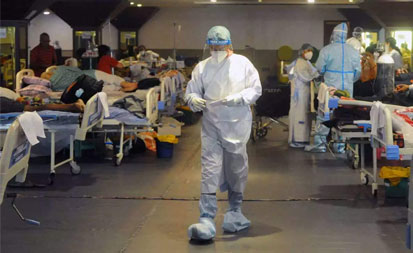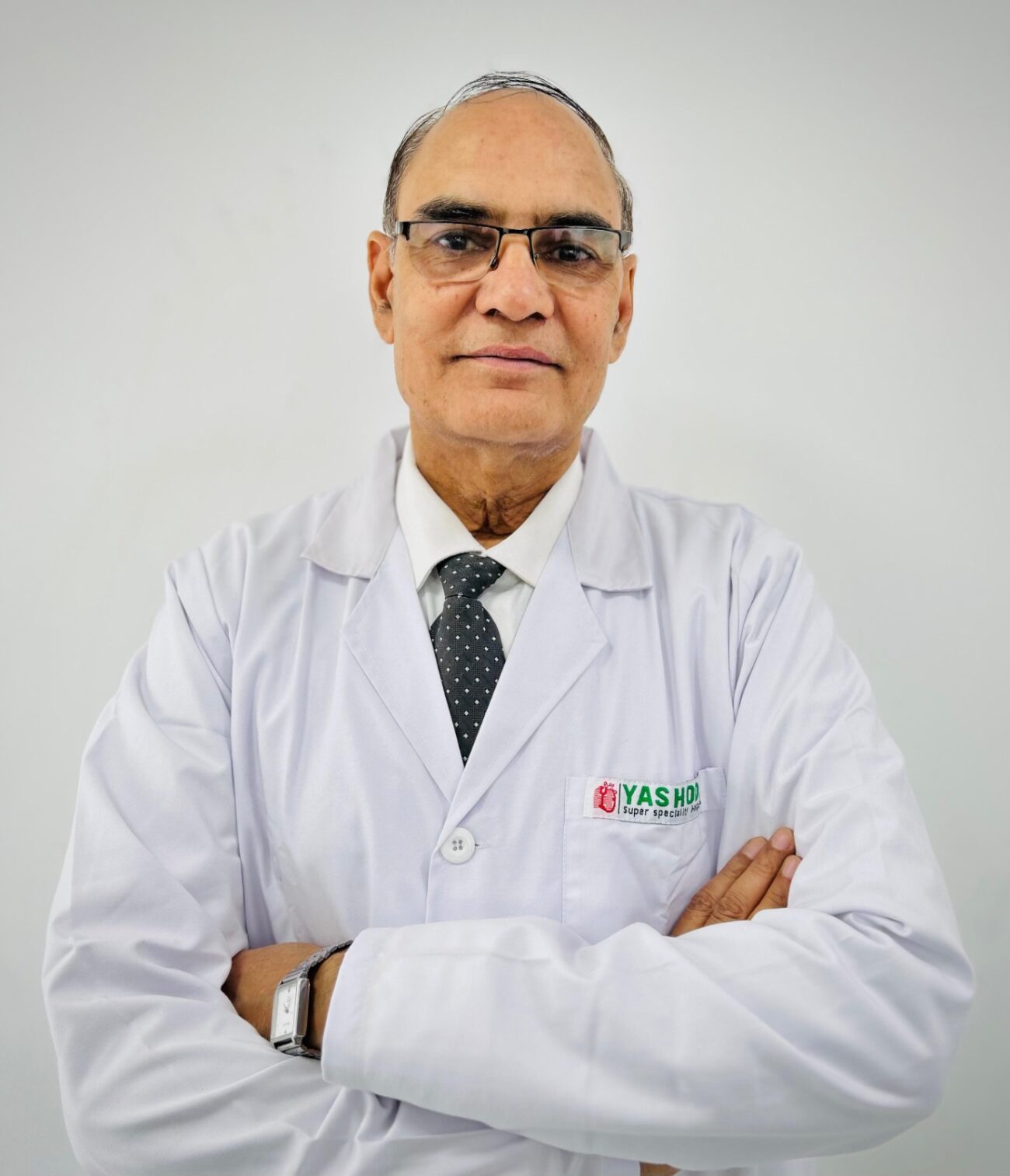Did unhygienic masks trigger black fungus epidemic in India’s Covid patients? Experts are divided
Amid a rise in black fungus cases particularly in COVID patients in Delhi, some medical experts feel that “unhygienic masks” and poorly ventilated rooms could be a contributing factor, while others said “no clinical evidence”

Amid a rise in black fungus cases particularly in COVID patients in Delhi, some medical experts feel that “unhygienic masks” and poorly ventilated rooms could be a contributing factor, while others said “no clinical evidence” has been established linking the two. Doctors at many leading hospitals in Delhi said many patients, both COVID and non-COVID ones, have presented themselves at the facilities who have been infected with mucormycosis or black fungus and had a history of exhibiting poor hygienic practices, including wearing unwashed masks for a long time.
According to Dr Suresh Singh Naruka, senior consultant, ENT, Indraprastha Apollo Hospitals, the primary factor is “irrational use of steroids”. “Second, I would reckon is unhygienic practices, like wearing masks over a long time without washing them, or staying in a poorly ventilated rooms such as a basement, or less airy rooms. So, I would say, the second factor is also a trigger point for contractor mucormycosis,” he said.
Mucormycosis is more common among people whose immunity has lowered due to COVID, diabetes, kidney disease, liver or cardiac disorders, age-related issues, or those on medication for auto-immune diseases like rheumatoid arthritis. “If such patients are administered steroids, their immunity reduces further, allowing the fungus to thrive,” the doctor said, adding, steroids should be administered very judiciously after proper clinical examination by a doctor.
“In many cases, we also found that people who had contracted black fungus had self-medicated themselves on steroids, after their oxygen concentration levels had dropped, making them susceptible to this ailment which is being found more in COVID patients under treatment or recovery than others,” Naruka said. The Apollo doctor said earlier, during pre-COVID days, he was seeing one case on an average per month, which has now jumped to “2-3 black fungus patients per day”, adding that some of them have also suffered from facial palsy and hearing loss.
Delhi Chief Minister Arvind Kejriwal on Thursday said dedicated centres will be set up for the treatment of black fungus or mucormycosis cases at three city government-run hospitals. He made the announcement after discussing the rise in black fungus cases with officials and specialists at a meeting here. “Three important decisions were taken at the meeting. Centres will be set up at Lok Nayak Jai Prakash Narayan Hospital, Guru Tegh Bahadur Hospital and Rajiv Gandhi Super Speciality Hospital for treatment of black fungus,” the CM tweeted.
Dr Ajay Swaroop, chairman of the ENT department at Sir Ganga Ram Hospital here, said, mucors live in every human body along our nasal passage and nasopharyngeal region “symbiotically”. “It is when a person’s immunity is lowered, as in the case of COVID, that these mucors start growing and cause infection. The red flags are nasal discharge with blood stains, swelling in nose of eye,” he said.
However, he advised people to not rush to hospitals and consult a doctor first, and only in case of red flags, should go further about it. At Sir Ganga Ram Hospital, 60 cases of black fungus have been reported till date since the rise in coronavirus cases. Twelve of them are COVID-positive ones, and the rest post-COVID cases, within 2-3 weeks of their recovery period, Swaroop said. Asked if unhygienic masks could trigger black fungus, he said, “There is no clinical evidence yet, to establish the link between the two”.
Since the outbreak of the pandemic last year, health and administrative authorities have been emphasising on seeking compliance of wearing of mask and other COVID-appropriate behaviour. “People are afraid of contracting the virus, so many of them keep on wearing the same mask, over and over again without washing, and that runs the risk of contracting the infection, as fungus will grow in a moist or unhygienic areas,” Naruka of Apollo hospital said. Masks should be ideally washed after a person returns home from outside every time, just in hot water or some disinfectant or cleansed with a sanitiser at least.
A senior doctor at LNJP Hospital said just a couple of patients of black fungus are there at the hospital. However, they are being isolated as much as possible from the regular COVID patients. Asked if the mask hygiene was a factor in triggering the infection, the doctor said, nothing conclusive can be said yet.






